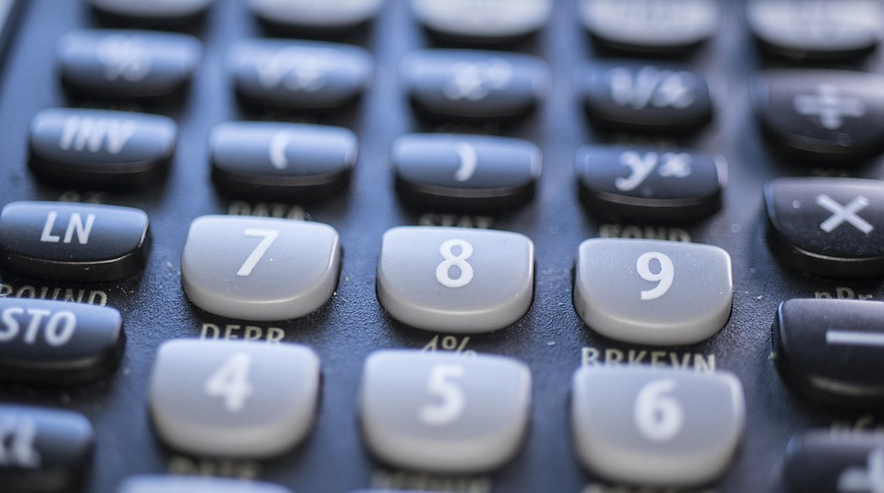The Struggle Is Real: Why Setting Your Alarm for 8:05 Might Be the Key to Success
Ah, the alarm clock. Our silent overlord in a nightly battle against sleepiness. But let’s face it, sometimes getting out of bed even means leaving the duvet behind for fear of losing precious minutes. For many of us, mornings are a chaotic symphony of snooze buttons and half-hearted attempts at productivity. But what if there was a secret weapon to conquer this morning monster? What if I told you that setting your alarm for 8:05 AM might be the key to unlocking a more peaceful and productive day?
Let’s break down why 8:05 might just be the magic number for your mornings. It’s all about finding the sweet spot between sleep and wakefulness, that elusive zone where you feel refreshed yet ready to tackle the day.
First things first, we need to understand what “ideal alarm times” actually mean. We often get bombarded with advice like setting an alarm for 7 am or even as early as 6 am. But it’s not always about forcing ourselves out of bed at a specific time; it’s about aligning our wake-up routine with our natural sleep cycles.
For most people, getting into the rhythm of waking up naturally is a bit more nuanced than just hitting snooze and hoping for the best. Sleep patterns vary from person to person. Some thrive on 7 hours of uninterrupted slumber, while others find themselves glued to the duvet for almost 9 hours.
How Time Works: Your Body’s Natural Clock
Our bodies operate on a natural circadian rhythm, also known as our biological clock. This internal timer governs sleep-wake cycles, hormone secretions, and even temperature fluctuations throughout the day. It’s like an intricate symphony playing out inside your cells, keeping you in sync with the world around you.
Our circadian rhythm is influenced by sunlight, which acts as a powerful signal to our brain that it’s time to wake up. By exposing yourself to natural light for at least 30 minutes in the morning, you can help nudge your body’s clock toward a more balanced and harmonious sleep-wake cycle.
For some people, this could mean waking up even earlier than usual – 7 am. But for others, it might be as simple as allowing their natural wake-up time to take over; but that doesn’t mean you have to give up on a structured morning routine entirely.
The Magic of an 8:05 Wake-Up: Exploring the Benefits
Setting your alarm for 8:05 offers several benefits. First, it allows you to wake up gently and naturally without feeling rushed or pressured. This can be a crucial factor in reducing stress levels and promoting a sense of calm throughout your morning.
When we wake up on time, our bodies don’t get into immediate “fight-or-flight” mode, which often leads to an increase in cortisol (the stress hormone). Instead, it promotes a more relaxed start to the day.
Second, waking up at 8:05 can help you feel more energized and focused throughout the morning. This is because your body starts its natural energy-boosting process around this time
Finally, setting your alarm for 8:05 can help you prioritize self-care rituals, such as enjoying a cup of tea or reading for a few minutes before starting your day.
The 8:05 Ritual: Your Personalized Morning Plan
Setting an 8:05 alarm is not about blindly following a set schedule. It’s about creating a personalized morning routine that works for you and suits your lifestyle. Here are some ideas to get started:
* **Sunlight first:** Start your day with natural sunlight after waking up at 8:05. Open the curtains or step outside for a few minutes. This helps regulate your body’s internal clock.
* **Hydrate and nourish:** After enjoying some sunshine, have a glass of water to rehydrate and then indulge in a healthy breakfast.
* **Mindful movement:** If you feel up for it, take about 15 minutes to do some light stretches or exercise. This can boost energy levels and improve your mood.
* **Read something inspiring:** A few pages of a book or an inspirational article can set the tone for a productive and meaningful day.
The Right Time is Always 8:05!
Remember, the key to success lies in finding what works best for you. It’s not about rigidly adhering to any specific time; it’s about understanding your body and creating a morning routine that helps you feel energized and ready to take on the day.
